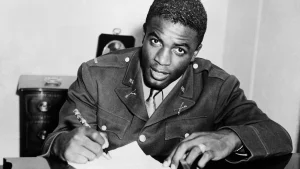The Bar Council, the body representing barristers in England and Wales, has produced new guidance for the profession on racial inequality. The release comes at the start of Black History Month.
The three guides, titled “Framework for Taking Action on Race Equality”, “Positive Action Guide for Chambers 2020” and “Short Guide to Positive Action 2020”, outline the key challenges facing race equality at the Bar.
Issues identified focus on pupillage, bullying and general culture, noting specific indications of race inequality such as the fact that calls made to Bar Council helplines regarding bullying are disproportionately written by black women. Callers in these cases often experienced shouting and exclusion by co-workers.
The guides also note that students and barristers from ethnic minority backgrounds report that they are regularly made to feel uncomfortable in the workplace and social events, and that there is also a lack of visible role models.
The Bar Council’s guides contain a framework for chambers and other bodies to make constructive changes. Among the included recommendations is a call to “Ensure senior level commitment to zero tolerance of discrimination, harassment and bullying” across the profession.
[ymal]
“Although Black History Month in many ways looks back, it is a particularly pertinent time for us all to look forward, to turn words into action and shape a new history for Black people in the legal profession,” said Amanda Pinto QC, Chair of the Bar. “The Bar Council guidance aims to help people do just that, at every level of the profession – when recruiting pupils into chambers, when addressing the culture of the Bar, right through to supporting Black barristers to become QCs and judges.”
A need for greater diversity in the legal profession came into the spotlight recently as a black barrister shared her experience of being mistaken for a defendant three times in a single day at court.





















